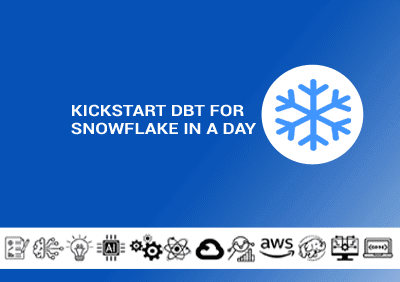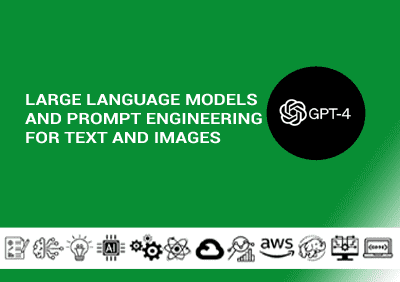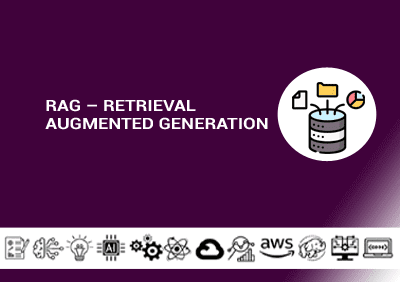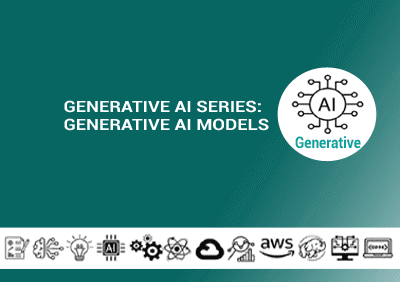- Overview
- Prerequisites
- Audience
- Curriculum
Description:
Welcome to the Artificial Intelligence A-Z Boot Camp, a comprehensive 10-day program designed to equip participants with the skills and knowledge necessary to excel in the field of Artificial Intelligence and Machine Learning.
This boot camp will cover a wide range of topics, related to AI, Machine Learning and Deep Learning. It will introduce students to modern skills and techniques used by AI engineers. Along the way students will build many real-world projects. We will cover topics such as computer vision, natural language processing where we will use both structured data (in .csv, .Json files) and unstructured data (text, images) to build machine learning models.
This workshop will start with fundamentals of Machine Learning where students will explore various machine learning techniques and learn libraries such as Pandas, Numpy, Scikit-Learn to build machine learning models. Then learn how to evaluate and optimize these models. Learn how to deploy these models to make predictions on new data.
Once students have a fundamental understanding of Machine Learning, they will start to explore and learn about Deep Learning. Understand what Neural Networks are and how they are used to train machines on data such as images, text, and structured data. Use Keras and Tensorflow libraries to build variety of neural networks using Keras layers: Convolutional, Recurrent, Embedding, etc. Explore how Tensorflow enables the serving and deployment of models.
With the popularity of Generative AI, understand how to build cutting-edge applications powered by Large Language Models (LLMs). Understand what these models are. Explore the use of Python framework: LangChain to build applications that interface with OpenAI’s ChatGPT.
Students will gain hands-on experience by working on several assignments and a capstone project.
Duration: 10 Days
Course Code: BDT327
- Must have minimum 1 year Python programming language experience
- Understanding of mathematics/statistics will be beneficial.
Candidates with a strong interest in AI and Machine Learning and have a desire to apply AI skills. No prior knowledge of AI or Machine Learning is required, but a solid foundation in using Python programming language is required.
Course Outline:
Introduction to AI
- History of AI
- AI Terminology: Machine Learning, Deep Learning
Pandas, Numpy Libraries
- Using Numpy
- Working with Numpy API
- Numpy Assignment
- Working with Pandas
- Use Pandas library for data preparation
- Performing Exploratory Data Analysis
- Pandas Assignment
Machine Learning Fundamentals:
- Understanding Machine Learning
- How different is Machine Learning development compared to normal software development
- Understanding Machine Learning Techniques
- Understand steps involved in machine learning
- Performing Classification
- Understand what classification is?
- Build classification models using different Algorithms
- Use classification metrics to evaluate models
- Working with unbalanced labels
- Multiple hands-on
- Performing Regression
- Working with regression problems
- Build regression models using appropriate algorithms
- Understand regression metrics for model evaluation
- Multiple hands-on
- Unsupervised Learning
- What is unsupervised learning?
- Understanding the intuition behind K-Means Clustering
- Build K-Means and Hierarchical clustering models
- Multiple hands-on
- Model Optimization
- Understanding model tuning & hyper parameters
- Working with K-Fold cross validation
- Using Grid Search to select hyper parameters
- Using box plot to compare model performance
- Multiple hands-on
- Assignment
- Build model(s) using given data
Deep Learning:
- Tensors using TensorFlow
- Understand what tensors are
- What are Keras and TensorFlow libraries?
- Creating different types of tensors using TensorFlow library
- Hands-on with tensors
- Neural Networks
- Understanding Neural Networks and the intuition behind them
- Gradient Descent and Back Propagation
- Working with Activations functions
- Loss functions for different problems
- What are optimizers and how do they fit in neural networks?
- Multiple hands-on
- Working with Images
- Working with images and image augmentation
- Performing image classification using neural networks
- Limitations of neural networks
- Understanding Convolutional Neural Networks (CNN) architecture
- Working with different Keras layers & sequential API for image classification
- Multiple hands-on
- Transfer Learning
- Understanding transfer learning and its benefits
- Different types of transfer learning options
- Transfer learning for image and text classification
- Working with Keras Functional API to perform transfer learning
- Model Deployment using Gardio
- Multiple Hands-on with transfer learning to perform image classification
- Natural Language Processing (NLP)
- What is NLP? And what are the use-cases
- NLP processing and different techniques to process text
- Working with Word Embedding – generating & visualizing
- Exploring different libraries in NLP processing
- Multiple Hands-on with NLP for text classification
- Recurrent Neural Networks (RNN)
- What are Recurrent Neural Networks?
- Challenges with RNNs
- RNN different layers: LSTM & GRU
- Hands-on predict stock trend using RNN
- Transformers
- Understanding Transformer Architecture
- Working with Attention, Self-Attention, Positional Encoding
- Using Transformers in NLP
- Hands-on working with transformers
Generative AI:
- Understanding Generative AI
- Understand what Generative AI is
- What are Large Language Models and how to use them
- Working with LangChain
- What is Python framework “LangChain” and what are its benefits
- Model inputs and model outputs
- Working with data connections
- Using chains and agents
- Multiple hands-on on using LangChain
Capstone Project
- Project Overview
- Complete projects to get experience and practice
- Industry Use Case Studies
Training Material Provided
- Digital format
- Hands-on Lab: Students will use “Google Colaboratory”, hence students must have a Google Account




